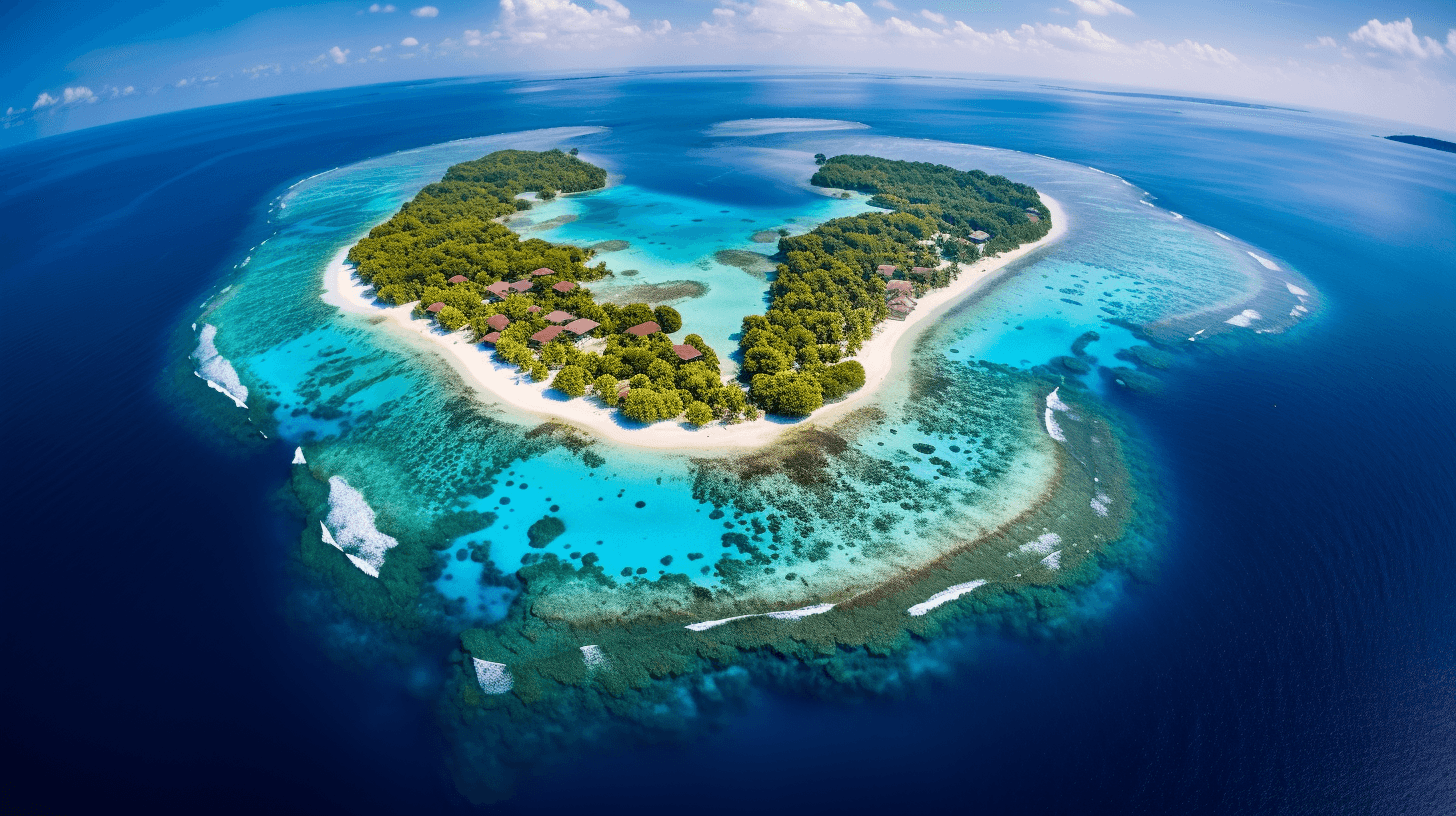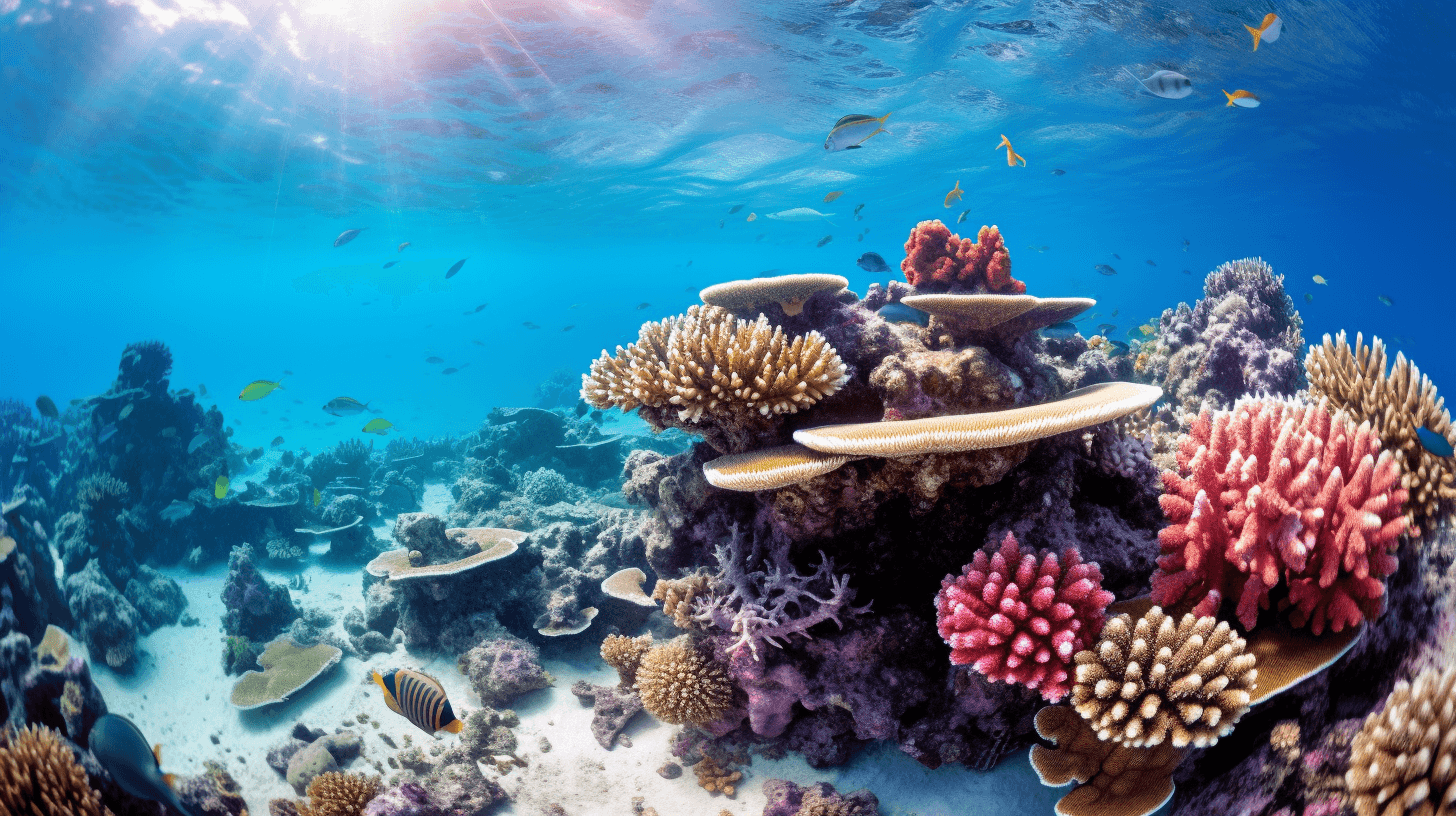The Inspiring Recovery of Coral Reefs in the Maldives
Nature, in all its intricate beauty and resilience, has an uncanny ability to heal and rejuvenate, often with a little help from humans. Just as the reintroduction of wolves to Yellowstone National Park led to unexpected and positive ecological outcomes, another natural success story has been quietly unfurling in the crystalline waters of the Maldives. This is the tale of the coral reefs, which, after years of degradation, are now showing promising signs of recovery.
The Lost Treasure
The coral reefs of the Maldives, much like other reefs around the world, were under significant threat in recent decades. Rising sea temperatures, due to global warming, led to coral bleaching events where the symbiotic algae that give corals their color and nutrients were expelled. As a result, vast expanses of these underwater jungles turned into ghostly white graveyards. Add to this, destructive fishing methods and growing tourism pressure, and it looked as though these marine marvels were doomed.

Turning the Tide
The Maldivian government, in collaboration with environmentalists and marine biologists, began working tirelessly to turn the tide. The focus was to combine modern science with local knowledge to restore these underwater wonders.
- Coral Gardening: Biologists began growing corals in nurseries. Young corals were then transplanted onto the degraded reefs, a technique similar to planting saplings in deforested areas.
- Promoting Sustainable Tourism: New regulations were introduced to ensure that tourists and resorts did not inadvertently damage the reefs. This involved educating tourists about the fragility of the ecosystem, restricting certain activities, and promoting coral-friendly practices.
- Community Engagement: Local communities, who depend on the reefs for their livelihood, were engaged in the restoration process. They were trained to monitor the health of the corals and report any unusual activities.
Nature's Positive Domino Effect
Much like the wolves in Yellowstone had a cascading effect on their ecosystem, rejuvenating the coral reefs of the Maldives led to a domino effect beneath the waves.
- Biodiversity Bloom: As corals started to recover, there was a noticeable increase in the diversity and number of fish species. The renewed reefs provided shelter, breeding grounds, and feeding areas for numerous marine animals.
- Economic Boost: A healthier reef meant a resurgence in the tourism industry. Snorkelers and divers from around the world flocked to witness the rejuvenated beauty, boosting local economies.
- Protection Against Erosion: Coral reefs act as natural barriers, reducing wave energy and preventing coastal erosion. Their recovery ensured that the islands remained protected against the might of the ocean.

The Future is Bright
While challenges remain, the recovery of the Maldives' coral reefs serves as a beacon of hope. It's a testament to what can be achieved when humans and nature collaborate. In a world that often seems dominated by bad news on the environmental front, the coral resurgence is a timely reminder of nature's resilience and the potential for positive change.
In concluding, just as the wolves of Yellowstone taught us the interconnectedness of ecosystems on land, the corals of the Maldives shimmer with lessons from the deep blue. Both narratives underscore the importance of respect, restoration, and harmony in our relationship with the natural world.